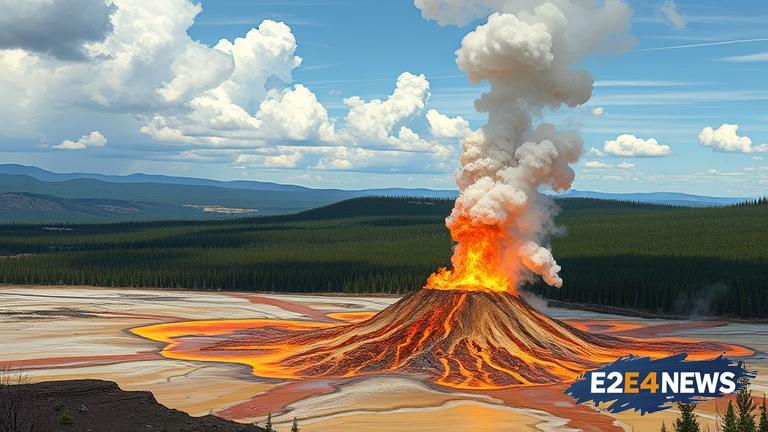A recent internet sensation claimed that a supervolcano eruption was imminent in Yellowstone, with many animals allegedly fleeing the area in anticipation of the disaster. However, this claim has been thoroughly debunked by experts and officials. The rumor likely originated from a misleading video that showed animals migrating out of the park, but this was later explained as a normal seasonal migration pattern. Yellowstone National Park officials were quick to respond to the hoax, stating that there was no credible evidence to support the claim of an impending eruption. The United States Geological Survey (USGS) also chimed in, explaining that while Yellowstone is home to a supervolcano, there are no indications of an imminent eruption. In fact, the USGS monitors the park’s seismic activity closely and has not detected any unusual patterns. The supervolcano in Yellowstone is estimated to have erupted three times in the past 2.1 million years, with the most recent eruption occurring about 640,000 years ago. While it is possible that the supervolcano could erupt again in the future, there is no reason to believe that it will happen anytime soon. The false claim was likely perpetuated by social media and online news outlets, which can sometimes spread misinformation quickly. It is essential to rely on credible sources of information, such as official government websites and scientific organizations, to get accurate news and updates. The Yellowstone supervolcano is a complex and fascinating geological feature that continues to be studied by scientists, but it is not a cause for immediate concern. The park remains a popular tourist destination, with many visitors drawn to its unique geothermal features and diverse wildlife. In conclusion, the claim that animals were fleeing a supervolcano eruption in Yellowstone was nothing more than a baseless hoax. It is crucial to be vigilant when consuming online information and to verify facts through reputable sources. By doing so, we can avoid spreading misinformation and focus on the real issues that affect our world. The incident serves as a reminder of the importance of media literacy and critical thinking in the digital age. As we move forward, it is essential to prioritize fact-based information and to be cautious of sensationalized claims that can cause unnecessary panic and confusion.




